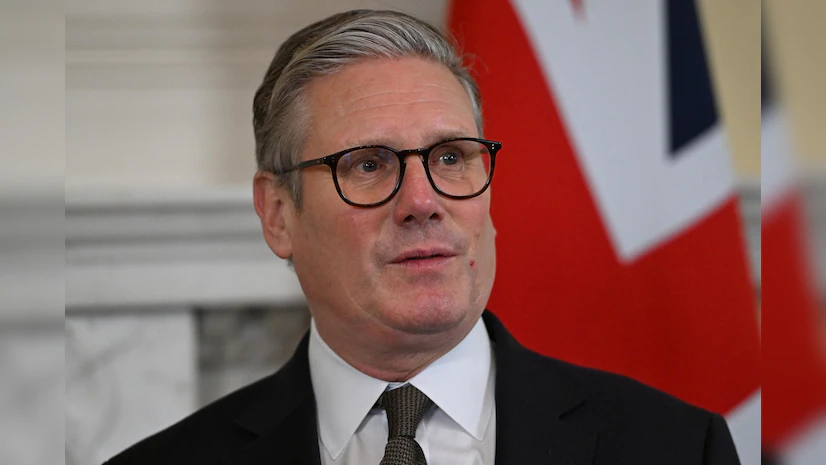The UK government is planning major changes to make it more difficult for migrants to gain permanent residency, as Prime Minister Keir Starmer aims to reduce immigration numbers. Under the current rules, migrants can apply for Indefinite Leave to Remain (ILR) after living and working in Britain for five years. However, the new proposal may increase that time to as much as 10 years for some migrants.
This new policy is expected to be included in a broader immigration reform package soon to be released by the Home Office, according to a source familiar with the matter. The move is part of Starmer’s effort to show the public that his government is serious about controlling immigration, especially after a sharp rise in net migration over the past two years.
In 2023, the UK recorded a net migration figure of 906,000 people, followed by 728,000 in 2024. Starmer had already declared in November that he wanted immigration numbers to “come down significantly,” blaming the previous Conservative government for its failure to deliver on this issue.
Indefinite Leave to Remain allows migrants to live in the UK without time limits, access public services like the NHS, and eventually apply for British citizenship. Extending the qualification period could affect thousands of migrants who had hoped to settle in the UK more quickly.
Starmer’s Labour Party is facing growing pressure from Reform UK, a right-wing populist party led by Nigel Farage, which gained strong support in recent local elections. The new plan appears to be a direct response to that political challenge.
While the Home Office has not confirmed specific changes, it stated that upcoming reforms will “restore order to our broken immigration system” by linking immigration, skills, and visa rules to domestic workforce needs. The aim is to reduce dependence on foreign labour and support economic growth.

